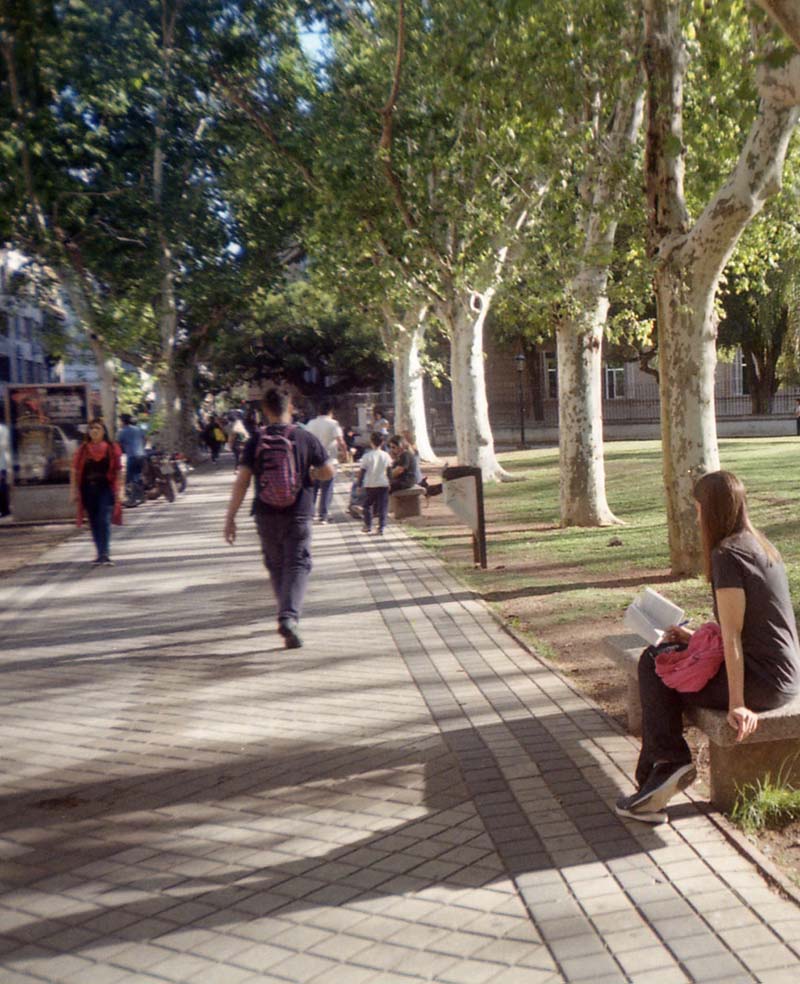When students arrive at their place of study, they should connect immediately with their primary point of contact. For example, this could be their designated school official (DSO) or a person from their university’s international student services office. This person can provide information about attending any international student orientation that will help them learn more about the university community, including campus security and emergency procedures, health services, and other important safety information.
Campus Security
Universities and colleges in the United States should be a safe space for students to study and live without concern for their well-being. Administration and staff members work together with students to maintain a stable environment for everyone. Many universities have their own campus security or police officers on duty around the clock. Large campuses typically have emergency telephones outdoors and the inside of buildings and dormitories are only accessible to authorized keycard holders. While on campus, students are advised to:
- Learn the campus, including the locations of any emergency telephones
- Use buddy system or campus security escorts or free rides instead of walking alone at night
- Know the university’s emergency preparedness plans
- Sign up for any campus alert systems (SMS and social media)
If a student is stopped or arrested by a police or security officer, they should: stay calm and be polite; cooperate with the officer; tell the truth and provide authentic documents; and contact their designated student officer (DSO) or point of contact at the international student services office as soon as they are able to do so. For more information on staying safe on campus, please see information from the U.S. Department of Homeland Security.
Calling 9-1-1
911 is an emergency telephone number in the United States that people can call when life or property is in immediate danger. For example, in a medical emergency, when there is a fire, or when a crime is being committed. When a 911 dispatch operator answers, the caller should tell the operator the nature of the emergency and the exact street location, including the building name, office/classroom number, if on campus. The caller should stay on the line and follow the directions of the dispatch operator and not hang up. 911 is only for emergencies and it is illegal to use it otherwise.

